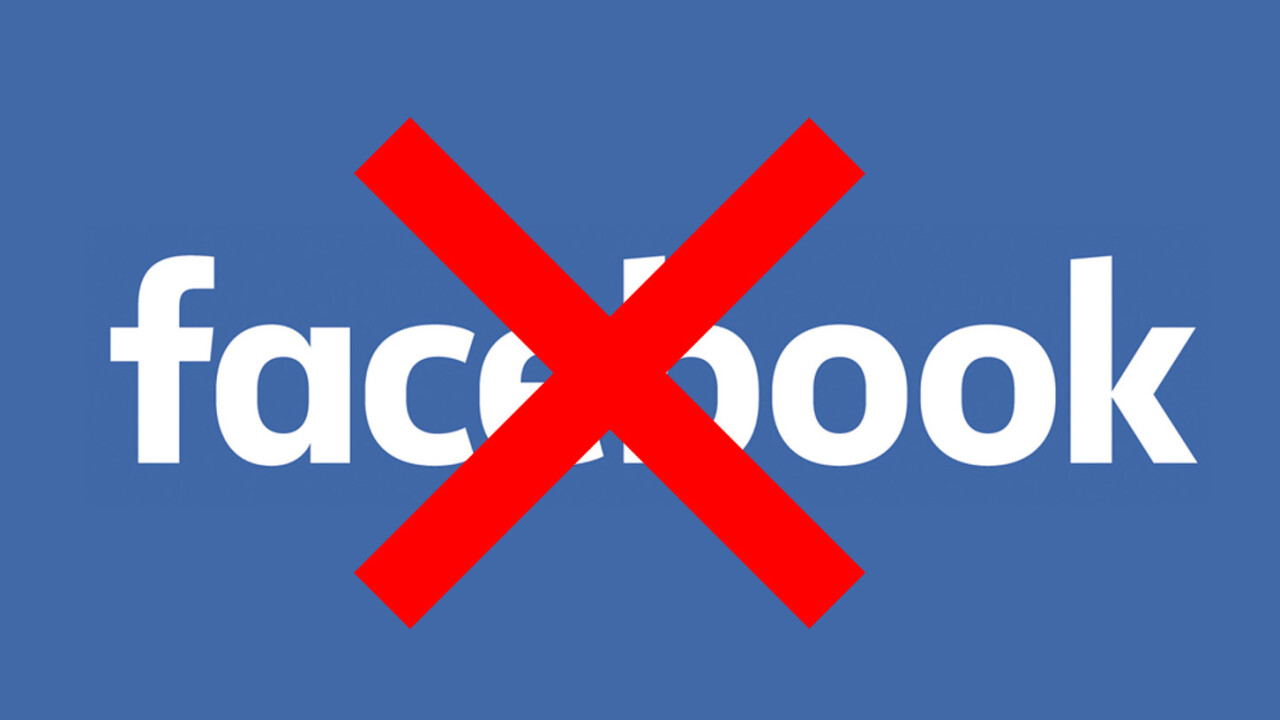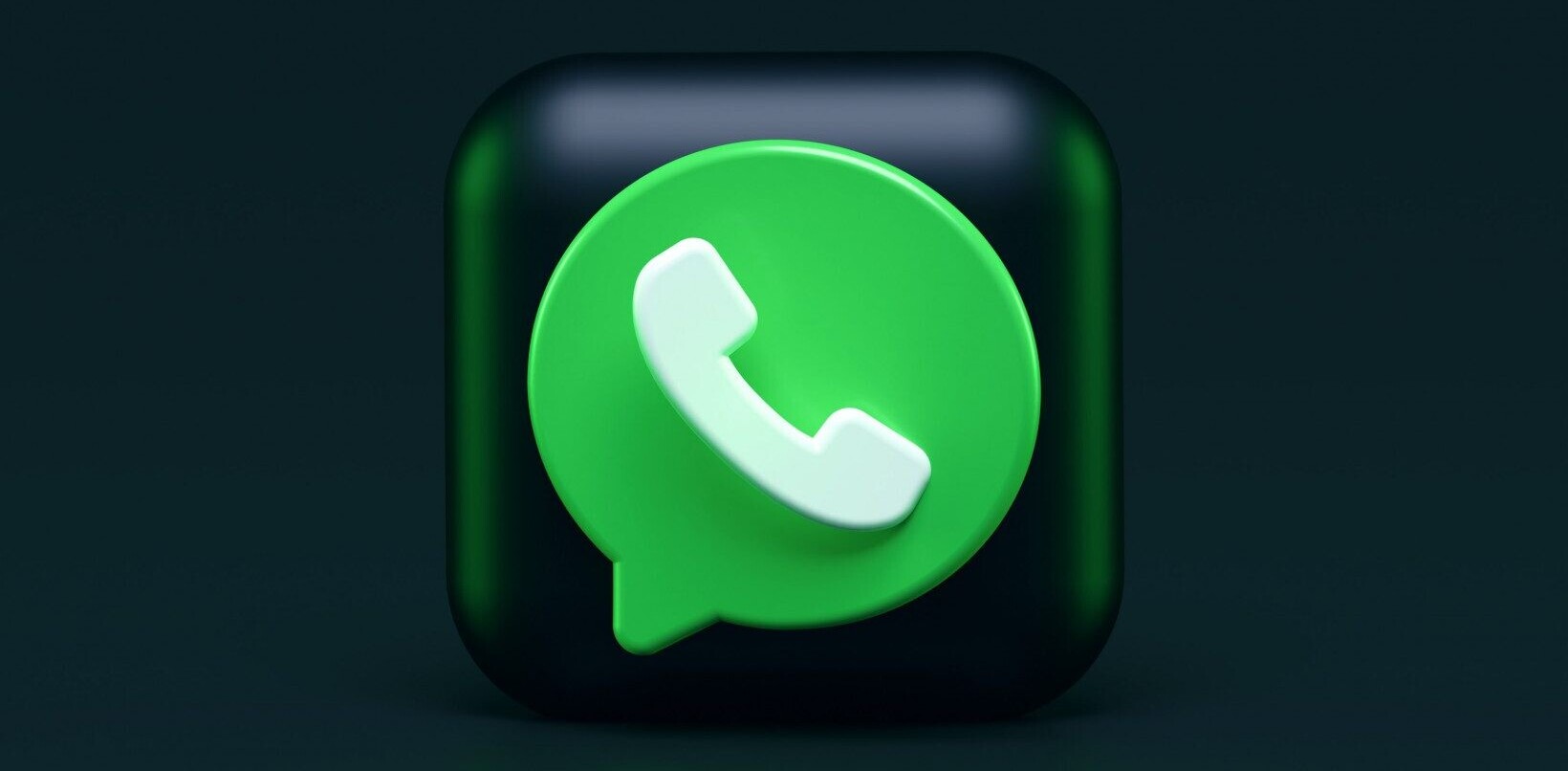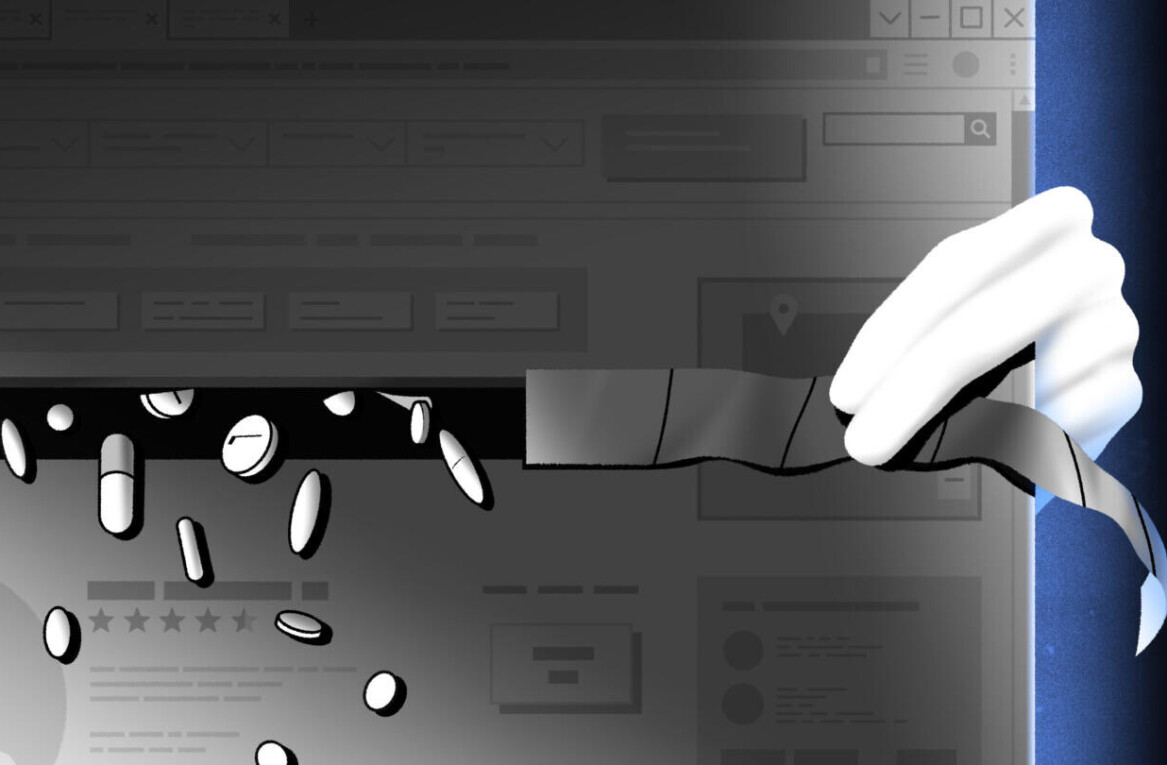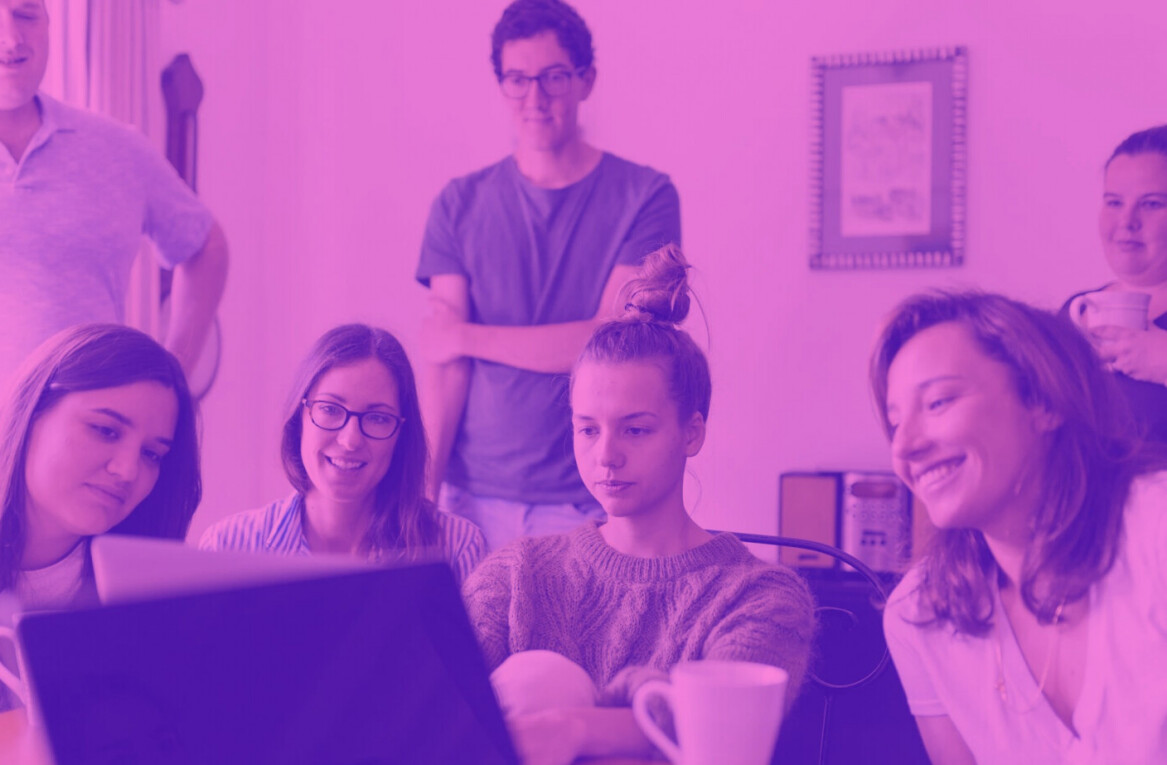
Germany will soon punish social media giants like Facebook, Twitter and YouTube with fines of up to €50 million (approximately $57 million) if they fail to take down illegal or offensive content within 24 hours.
The rule will be enforced starting from October and will apply to all social media platforms with more than two million users. While websites will be required to remove hate speech and criminal material within a window of 24 hours, less obviously unlawful content will necessitate further assessment within seven days.
The minimal penalty for breaking the the so-called Netzwerkdurchsetzungsgesetz (NetzDG) law starts from €5 million and goes all the way up to €50 for extreme violations, according to BBC.
Facebook has since come out in support of the German government’s dedication to curb the spread of abusive and illegal content, but expressed reservation about the efficacy of the current legislation:
We believe the best solutions will be found when government, civil society and industry work together and that this law as it stands now will not improve efforts to tackle this important societal problem.
Reports about the new law initially began circulating back in April when Reuters first brought up that German officials have been contemplating cracking down moderation on social media in an effort to battle the fake news epidemic. It seems the government has now finally passed the bill.
Singling out Facebook, Justice Minister Heiko Maas remarked that “large platform operators would not fulfil their obligations” in the absence of legal pressure.
Seeking to alleviate an unfortunate string of violent incidents streamed on Facebook, earlier this year Mark Zuckerberg announced the company is expanding its 4,500-strong operations team with 3,000 additional hires to help more effectively moderate potentially troubling content.
The controversial bill has so far received mixed responses.
Free speech advocates have argued that the appointed 24-hour window is too small to effectively scour through the sheer volume of flagged content social media heavyweights like Facebook, Twitter and YouTube receive each day – no matter how big their operations teams are.
The concern is that the move towards stricter regulation could eventually backfire and lead to accidental censorship, stifling people’s right to free speech in the process.
Get the TNW newsletter
Get the most important tech news in your inbox each week.





